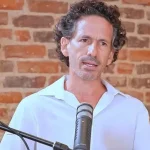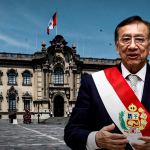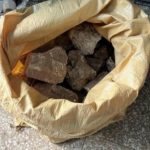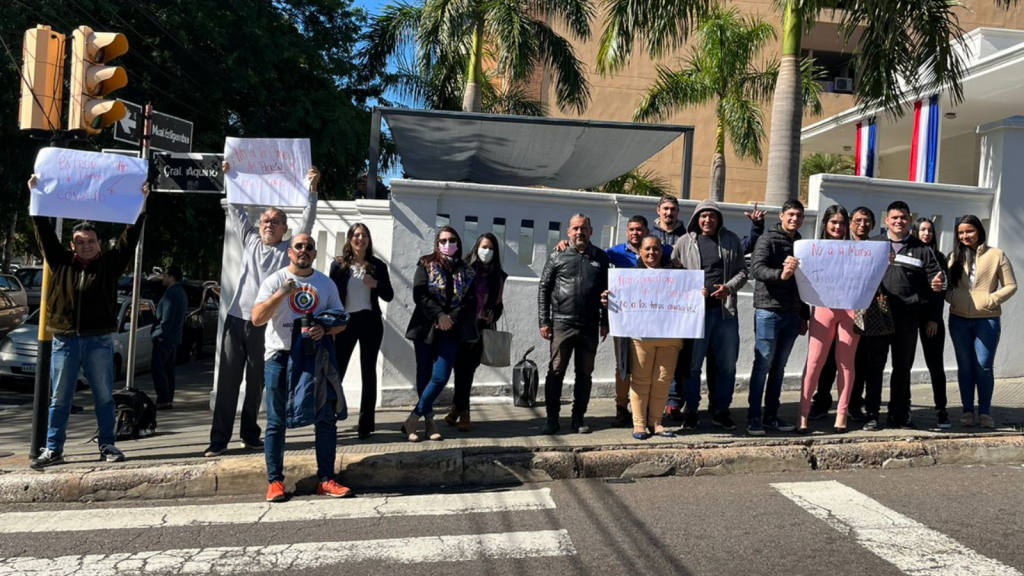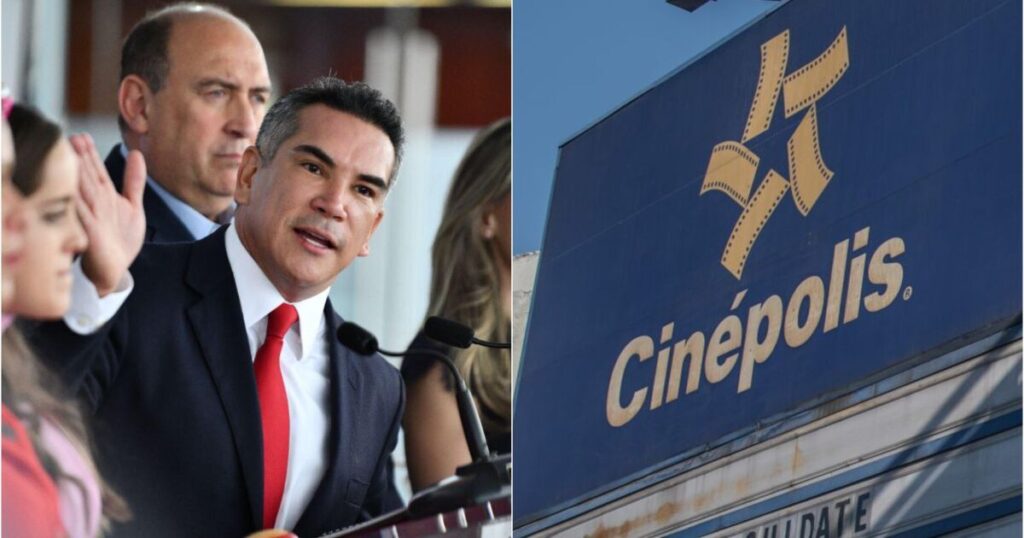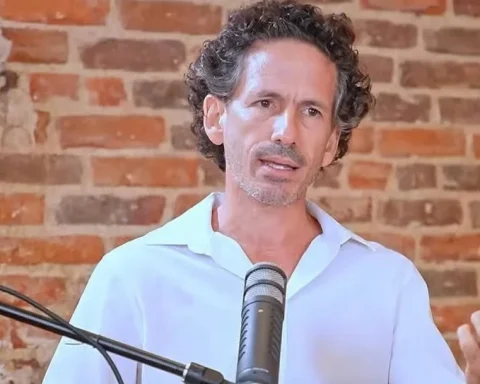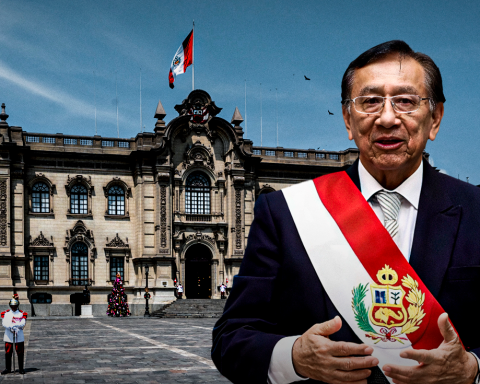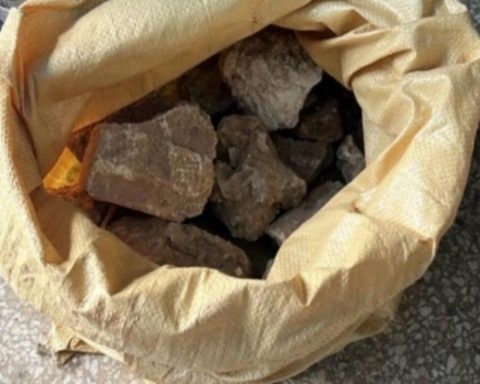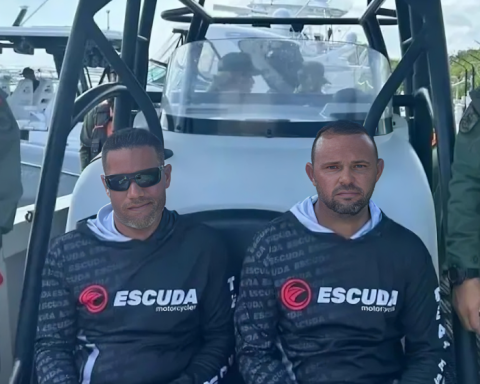When Ortega started the Operation Return of the Nicaraguan Oil Distributor (DNP) in 2009, for which he diverted more than 60 million dollars derived from the oil agreement with Venezuela, the network of gas stations linked to this oil company in Nicaragua barely reached 15 stations.
Using the discretionary use of Venezuelan oil funds and the direct award of contracts for the supply of hydrocarbons, the Ortega regime managed to expand this network of gas stations to more than 50, until they were hit by the sanctions of the United States Department of the Treasury.
To directly control these operations, the most lucrative of the businesses linked to Ortega, the DNP and the gas station network were managed by members of the Ortega Murillo family.
Rafael Ortega Murillo, eldest son of Daniel Ortega and Rosario Murillo, was in charge of Inversiones Zanzibar, the company created to manage the network of gas stations linked to the DNP.

Yadira Juliana Leets Marinwho was his wife until 2019, was the one in charge of the DNP’s operations and signed the contracts for the supply of fuel from this oil company to State entities.

All this gear was shaken by the sanctions of the Department of the Treasury. Inversiones Zanzibar, the DNP and Rafael Ortega himself Murillo were sanctioned.
Yadira Leets Marín separated from her administrative functions of the DNP since 2019. The newspaper the pressHe recently reported that he had left Nicaragua for Panama, with two of his children, a decision apparently derived from his separation from Rafael Ortega Murillo and his intention to disassociate himself from the ruling family.

The sanctions caused that most of the gas stations linked to the DNP were forced to close operations. However, three of these have gradually managed to reopen their attention to the public in Managua.
A report released in February 2022 by the Economic Commission for Latin America and the Caribbean (ECLAC), based on reports delivered by the Ortega regime itself, revealed that the stations grouped in the DNP group began to operate under the figure of white flag, that is to say independently, without being under the figure of a commercial brand.

ECLAC registered an increase from 104 to 153 white flag stations between 2019 and 2020. In this way, gas stations previously linked to the DNP manage to evade sanctions in order to continue operating.
Despite the fact that the Sandinista militancy, through social networks, have made a call to visit the reopened stations, they remain, as verified by a team of CONFIDENTIAL.








